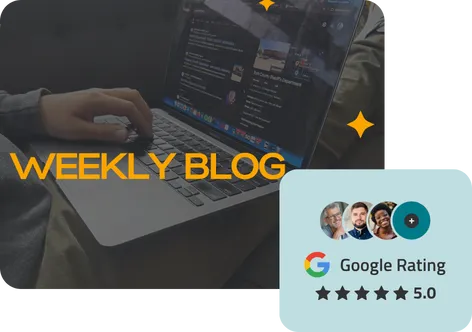TechBytes with a Twist


How Secure Are VoIP Phone Systems From Hackers or Cyber Threats?
How Secure Are VoIP Phone Systems From Hackers or Cyber Threats?
VoIP (Voice over Internet Protocol) phone systems have become the standard for many businesses. They’re flexible, cost-effective, and packed with features like voicemail-to-email, call forwarding, and video conferencing. But because they run over the internet, one common question comes up: How secure are VoIP phone systems from hackers or cyber threats?
The answer is that VoIP can be very secure — but only if the right protections are in place. Let’s take a closer look.
🔐 The Risks of VoIP Without Proper Security
Just like email or cloud services, VoIP is vulnerable if it isn’t configured or protected correctly. Common risks include:
Eavesdropping: Hackers intercepting unencrypted calls.
Phishing & social engineering: Fake calls or voicemail messages targeting employees.
Denial of Service (DoS) attacks: Flooding the system with traffic to shut it down.
VoIP fraud: Criminals rerouting calls or making international calls at your expense.
🛡️ How VoIP Providers Protect Against Threats
Reputable VoIP systems, like those trusted by businesses, include built-in protections:
Encryption to prevent call interception.
Firewalls and intrusion detection to block suspicious traffic.
Multi-factor authentication (MFA) for system access.
Automatic updates that patch vulnerabilities quickly.
📈 The Role of Business Practices
Technology alone isn’t enough. Employees and IT teams also play a key role in security:
Using strong, unique passwords for accounts.
Training staff to recognize phishing attempts.
Regularly reviewing call logs for suspicious activity.
Partnering with trusted providers who specialize in VoIP security.
✅ The Bottom Line
VoIP phone systems can be just as secure, or more secure than traditional phone lines, but only if they’re managed properly. With strong encryption, firewalls, authentication, and good user practices, businesses can enjoy the benefits of VoIP without leaving themselves open to cyber threats.


